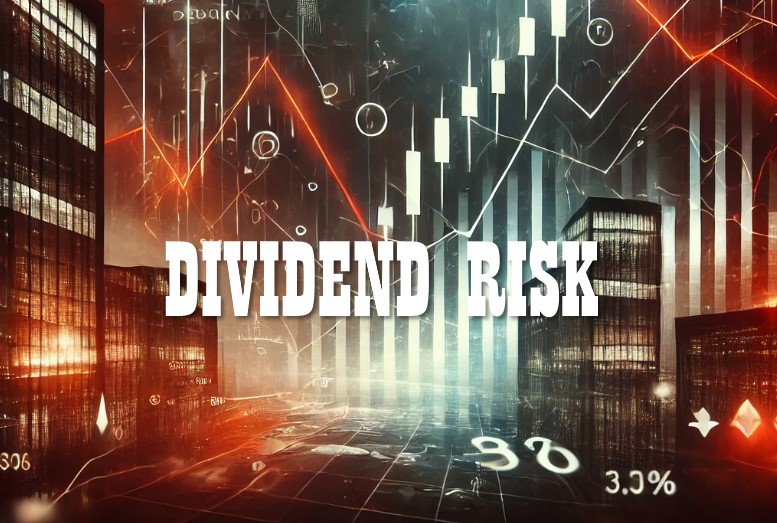As almost every structured product issued globally is bullish, the flow from retail investors is essentially “long forward.” This results in banks becoming short forward and consequently long dividends. That overall positioning puts pressure on future dividend implied levels, which tend to trade at a discount compared to current levels. For example, on the SX5E, the Dec30 dividend trades at 132, whereas the Dec24 dividend trades at 161.
For exotic desks, going long dividends at a 20% discount (132 vs. 161) isn’t necessarily a bad trade. In fact, it carries well, provided one can hold the position for six years. But a lot can happen in six years. Here are three episodes that any exotic trader will remember with a heavy heart.
2008: Citigroup
The early 2000s were the golden days of structured products. Société Générale, in particular, was extremely creative, coming up with new payoffs based on baskets of 40-50 stocks. You’d either take the core basket (median 20 stocks), the worst-of, or a combination of both. These baskets were optimized for appealing optics. Citigroup was in most of them—a large market cap, a well-known name, and an attractive dividend yield (around 4% at the time). Then came 2008, a disastrous year for financials, especially Citigroup (down 76%). Naturally, it became the worst-of in many baskets, and all the risk—particularly dividend risk—concentrated on that name. In November 2008, shortly after the fall of Lehman, Citigroup agreed to halt its dividend payments for three years in exchange for a rescue deal with the regulator.
Bloodbath for exotic traders.
2012: Telefonica
After the 2008 financial crisis, payoffs became simpler. Worst-of autocallables thrived and absorbed most of the flow. Spanish retail, in particular, was highly active due to its large retail networks. Telefonica was in almost every product. Unfortunately, the telecom giant struggled amidst the European financial crisis and ended up scrapping its dividends after its stock had already dropped by 50%.
Bloodbath for exotic traders.
2020: Apocalypse
Closer to the present day, 2020 was one of the most vicious and unhedgeable dividend events in memory. Dividends were announced at the beginning of the year, but due to regulatory pressure, most were cancelled or postponed, leading to an average 50% cut in dividends across Europe. Naturally, this happened after a sharp drop in the equity market, just to ensure that dividend exposure was maximized at the worst possible moment!
Bloodbath for exotic traders.


